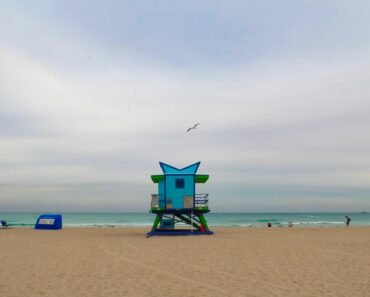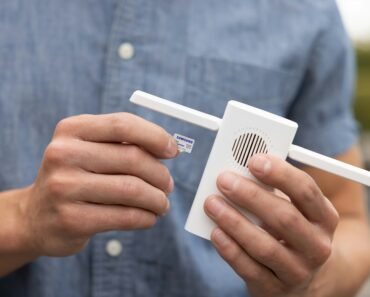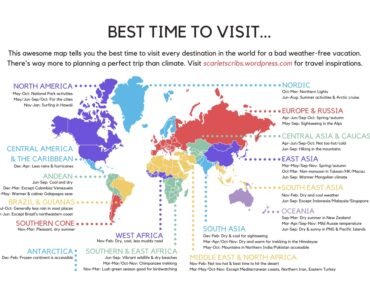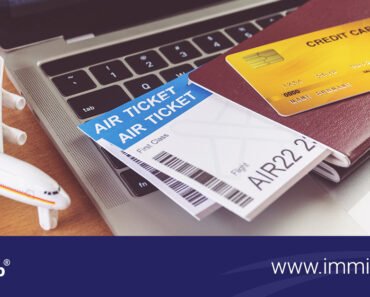Have you ever wondered how to keep yourself healthy while traveling to those enticing tropical destinations? The allure of turquoise waters, lush landscapes, and vibrant cultures can make us forget that these places often come with unique health challenges. Don’t worry, I’m here to guide you through the essentials to ensure your trip is as healthy and enjoyable as possible.
How to Avoid Common Travel Health Risks in Tropical Destinations
Traveling to tropical destinations is like a dream come true for many. However, enjoying the adventure to the fullest means being aware of and prepared for potential health risks that accompany such paradisiacal locales. From exotic foods to tropical diseases, staying healthy requires a bit of foresight and planning.
Planning Before You Go
Preparation is key when heading to tropical destinations. It’s not just about packing your swimsuit and camera; think about your health before you even leave home.
Vaccinations and Medications
First off, ensure you’re up-to-date on all necessary vaccinations. Different regions may require different vaccinations or medications:
| Destination | Required Vaccinations | Recommended Medications |
|---|---|---|
| Southeast Asia | Hepatitis A, Typhoid | Anti-malarial medication |
| South America | Yellow Fever, Typhoid | Anti-malarial medication |
| Africa | Yellow Fever, Hepatitis B | Anti-malarial medication |
Check with your healthcare provider to get personalized advice based on your travel itinerary.
Travel Insurance
Invest in comprehensive travel insurance that covers medical emergencies. This might feel like an unnecessary expense, but it can be a lifesaver if something goes wrong. Make sure your policy includes coverage for health crises specific to tropical diseases, as well as evacuation insurance.
Food and Water Safety
One of the quickest ways to fall ill while traveling is consuming unsafe food and water. Following a few simple rules can help avoid common gastrointestinal issues.
Drinking Water
Stick to bottled or properly purified water. Local tap water might not be treated to the same standards you’re used to.
| Safe Practice | Details |
|---|---|
| Bottled Water | Ensure the seal is intact before drinking. |
| Boiled Water | Boil water for at least 1 minute to kill pathogens. |
| Water Purifiers | Use water purification tablets or portable filters. |
Food Choices
Eat at reputable restaurants and avoid street food unless it’s cooked in front of you, and you are sure it’s piping hot. Be cautious with raw or undercooked foods, especially seafood.
Dealing with Insects
Mosquito-borne diseases are a significant concern in many tropical climates. Dengue, malaria, and Zika are some of the diseases transmitted by mosquitoes.
Protective Clothing
Wear long sleeves and pants, especially during dawn and dusk when mosquitoes are most active. Treated clothing with permethrin adds an extra layer of protection.
Insect Repellents
Use insect repellent containing DEET, picaridin, or oil of lemon eucalyptus. Reapply as directed, especially if you are sweating or swimming.
Heat-Related Illnesses
While basking in the tropical sun feels amazing, it can also lead to heat-related illnesses like heatstroke, heat exhaustion, and severe dehydration.
Stay Hydrated
Drink plenty of water throughout the day. Coconut water is a fantastic option for replenishing electrolytes while enjoying a local treat.
Sun Protection
Use SPF 30 or higher sunscreen and reapply it frequently, especially after swimming or sweating. Wear a wide-brimmed hat and sunglasses to protect your face and eyes.
Wildlife Encounters
Interacting with local fauna can be one of the highlights of a trip, but it also comes with risks.
Avoid Contact
Do not touch or feed wild animals. They might carry diseases or behave unpredictably. Admire them from a safe distance.
Emergency Contacts and Healthcare Facilities
Knowing where to go and whom to contact in an emergency can save precious time.
Local Emergency Numbers
Familiarize yourself with the local emergency numbers. In many countries, the number isn’t 911, so take the time to learn what you’ll need to call.
Medical Facilities
Research nearby medical facilities before your trip. It’s good to know where to find quality healthcare if the need arises.
Personal Hygiene
Maintaining good personal hygiene can help prevent many health issues.
Hand Sanitizer and Soap
Always carry hand sanitizer and use it frequently, especially before eating. Wash your hands with soap and water whenever possible.
Staying Active Safely
Exercise is great, but it’s important to stay safe while being active in tropical climates.
Morning and Evening Activities
Plan your physical activities for the morning or late afternoon to avoid the extreme heat of midday. This helps prevent heat exhaustion and sunburn.
Mental Health
Travel can be emotionally overwhelming, so it’s essential to take care of your mental well-being too.
Relaxation Techniques
Practice relaxation techniques such as deep breathing, meditation, or yoga. These can help manage stress and make your trip more enjoyable.
Respecting Local Customs and Behaviors
Respecting local customs and behaviors not only enriches your travel experience but can also keep you out of trouble.
Cultural Sensitivity
Learn a bit about the local culture, traditions, and social norms before you go. Showing respect for local customs helps ensure a smooth and enjoyable journey.
Common Tropical Diseases and Precautions
Being aware of common tropical diseases and understanding how to prevent them can significantly reduce your health risks.
Malaria
Malaria is transmitted by Anopheles mosquitoes. Symptoms include fever, chills, and flu-like illness.
| Preventative Measure | Details |
|---|---|
| Anti-malarial Medication | Follow your doctor’s instructions meticulously. |
| Mosquito Nets | Sleep under a treated mosquito net. |
Dengue Fever
Dengue virus is spread by Aedes mosquitoes. Symptoms are high fever, severe headache, pain behind the eyes, joint pains, and a rash.
| Preventative Measure | Details |
|---|---|
| Mosquito Repellent | Use DEET-based repellents. |
| Protective Clothing | Wear long sleeves and pants. |
Zika Virus
Zika is another virus transmitted by Aedes mosquitoes. Its symptoms include mild fever, rash, and joint pain. It’s particularly concerning for pregnant women as it can cause birth defects.
| Preventative Measure | Details |
|---|---|
| Mosquito Repellent | Use regularly. |
| Safe Sex Practices | Use condoms or abstain from sex during travel and for an extended period after your return if you have a pregnant partner. |

This image is property of images.unsplash.com.
Final Thoughts
Traveling to tropical destinations can be an incredibly rewarding experience, filled with once-in-a-lifetime moments and breathtaking beauty. By taking these health precautions seriously, you ensure that your adventure stays enjoyable from start to finish. So pack your bags, remember these tips, and have a healthy, safe journey to your tropical paradise!

This image is property of images.unsplash.com.





